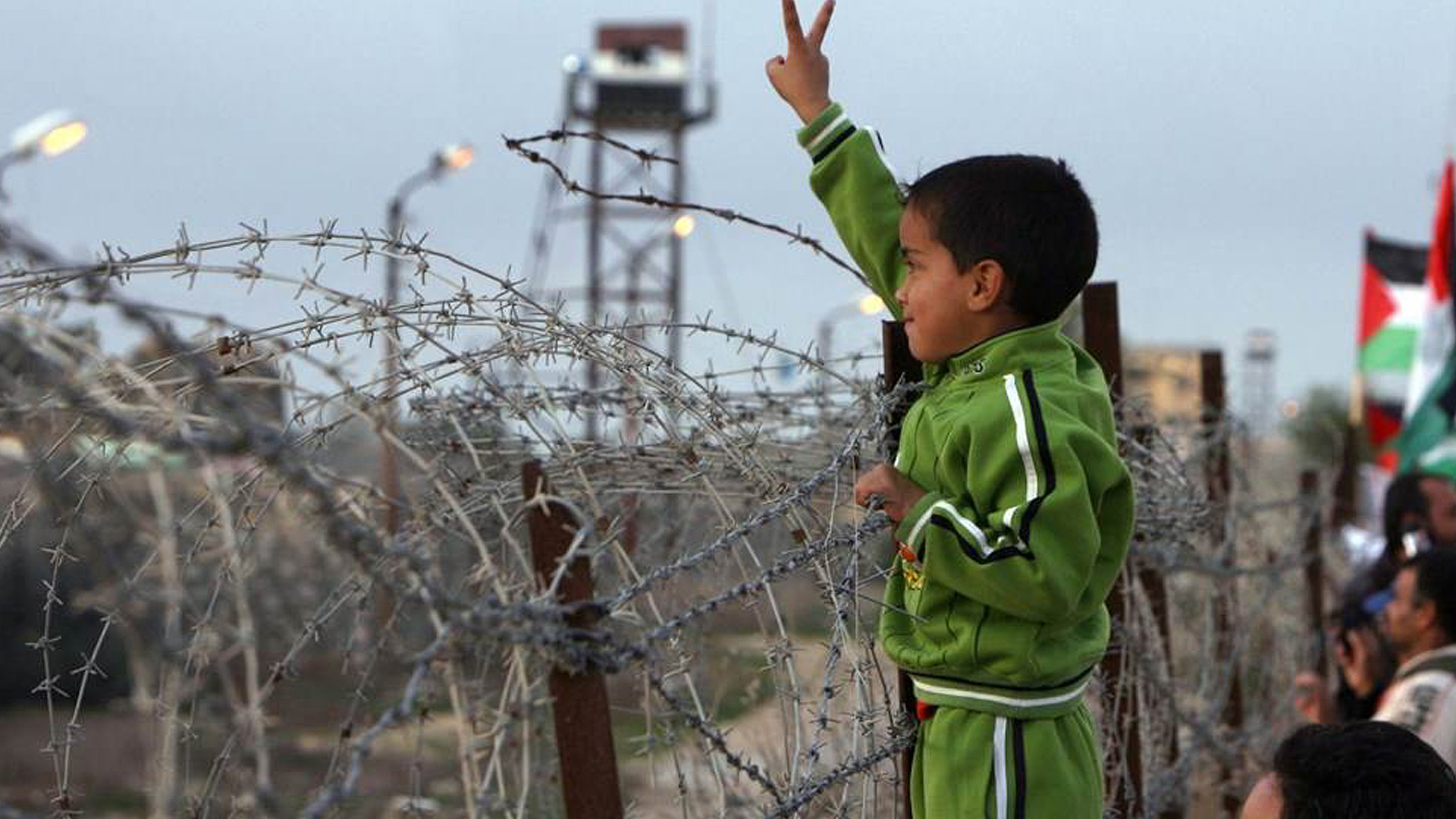Tony Blair’s heroic peacemaking is not as it seems. Take the Middle East. When Blair welcomed Yasser Arafat to Downing Street following 11 September, it was widely reported that Britain was backing justice for the Palestinians.
Editorialists drew a favourable comparison with the bellicose Bush administration. Indeed, the promotion of Blair as the steadying influence on Washington has been the main theme of Downing Street spin during the “war on terrorism”. The falsehood of his moderation is exemplified by his betrayal of the Palestinians.
The meeting with Arafat was no more than a public relations exercise designed to placate the Arab world. It served to disguise Blair’s support for the Zionist project and his role as Ariel Sharon’s closest ally in Europe. Little of this has been reported in the mainstream media.
Shortly after his election in 1997, Blair shamelessly appointed a friend, Michael Levy, a wealthy Jewish businessman who had fundraised for new Labour, as his “special envoy” in the Middle East, having first made him Lord Levy. This former chairman of the Jewish Appeal Board and former board member of the Jewish Agency, who has both a business and a house in Israel and had a son working for the Israeli justice minister, was the man assigned by Britain’s prime minister to negotiate impartially with Palestinians and Israelis.
Under Blair, British support for Israeli repression has accelerated. Last year alone, the government approved 91 arms export licences to Israel, in categories that included ammunition, bombs, torpedoes, rockets, missiles, combat vessels, military electronic and imaging equipment and armoured vehicles. In answer to questions from George Galloway MP, the Foreign Office minister Ben Bradshaw said there was “no evidence” that British arms and equipment had been used against the Palestinians. There is abundant evidence, such as Amnesty’s report that the Apache helicopters used to attack the Palestinians are kept flying with British parts. (Bradshaw is an active member of Labour Friends of Israel, which has arranged for 57 Labour MPs to visit Israel, the largest number of MPs from any British government.)
The Blair government has also backed the Israeli military-industrial complex by buying bullets, bombs, grenades and anti-tank missiles. The Metropolitan Police and the South Wales police buy Israeli ammunition. An Israeli combat aircraft training system was bought by the RAF. In 1999, a joint UK-Israeli high-technology investment fund was established to pump funds into joint research and development.
With no objections raised by Britain, Israel hopes to open an army recruiting office in London – even though it would be recruiting for a war that stems from the occupation of Palestinian territories which the British government says is illegal. This will be in violation of the government’s new anti-terrorism legislation, as Israel’s attacks on the occupied territories are, by any definition, terrorism. Of the hundreds killed and thousands wounded during the uprising, 90 per cent have been Palestinian civilians, 45 per cent have been under 18 years of age and 60 per cent were shot while in their homes, schools and workplaces.
Blair’s most important support for the Sharon regime has not received its due recognition. In May and July last year, the authoritative Jane’s Foreign Report disclosed that Britain and France had given “the green light” to Sharon to attack Arafat if the Palestinian resistance did not stop. The British government was shown a plan for an all-out Israeli invasion and reoccupation of the West Bank and Gaza “using the latest F-16 and F-15 jets against all the main installations of the Palestinian Authority [and] 30,000 men or the equivalent of a full army”.
However, the Israeli plan needed a suicide bomb blast “which causes numerous deaths and injuries. The ‘revenge’ factor is crucial. It would motivate Israeli soldiers to demolish the Palestinians.” What concerned Sharon and his inner circle – notably the author of the plan, Brigadier General Shaul Mofaz, the Israeli chief of staff – was a secret agreement between Arafat and Hamas, the Islamic organisation responsible for most of the suicide attacks, that suicide bombing would be stopped in Israel proper.
Following 11 September, Sharon worried that a Middle East “solution” would be a by-product of America’s “war on terrorism”, especially when George W Bush blurted out one of his non sequiturs: that he had always had the “dream” of a Palestinian state.
On 23 November, Israeli agents assassinated the Hamas leader Mahmud Abu Hunud. Twelve days later, the inevitable response came in co-ordinated suicide attacks against Israel. “Whoever decided upon the liquidation of Abu Hunud knew in advance that that would be the price,” wrote Alex Fishman, the well-connected intelligence writer in the Israeli daily Yediot Ahronot (quoted on Znet by Alexander Cockburn). “Whoever gave a green light to this act knew full well that he is thereby shattering in one blow the gentleman’s agreement between Hamas and the Palestinian Authority [which was] not to play into Israel’s hands by mass attacks on its population centres.”
On cue, Sharon’s military attacked the occupied territories with unprecedented force, all but destroying the Palestinian Authority and Arafat’s political base. Arafat, said Sharon, was now “irrelevant”. There was no more loose talk in Washington about the “dream” of a Palestinian state. Blair, the peacemaker, said nothing.



